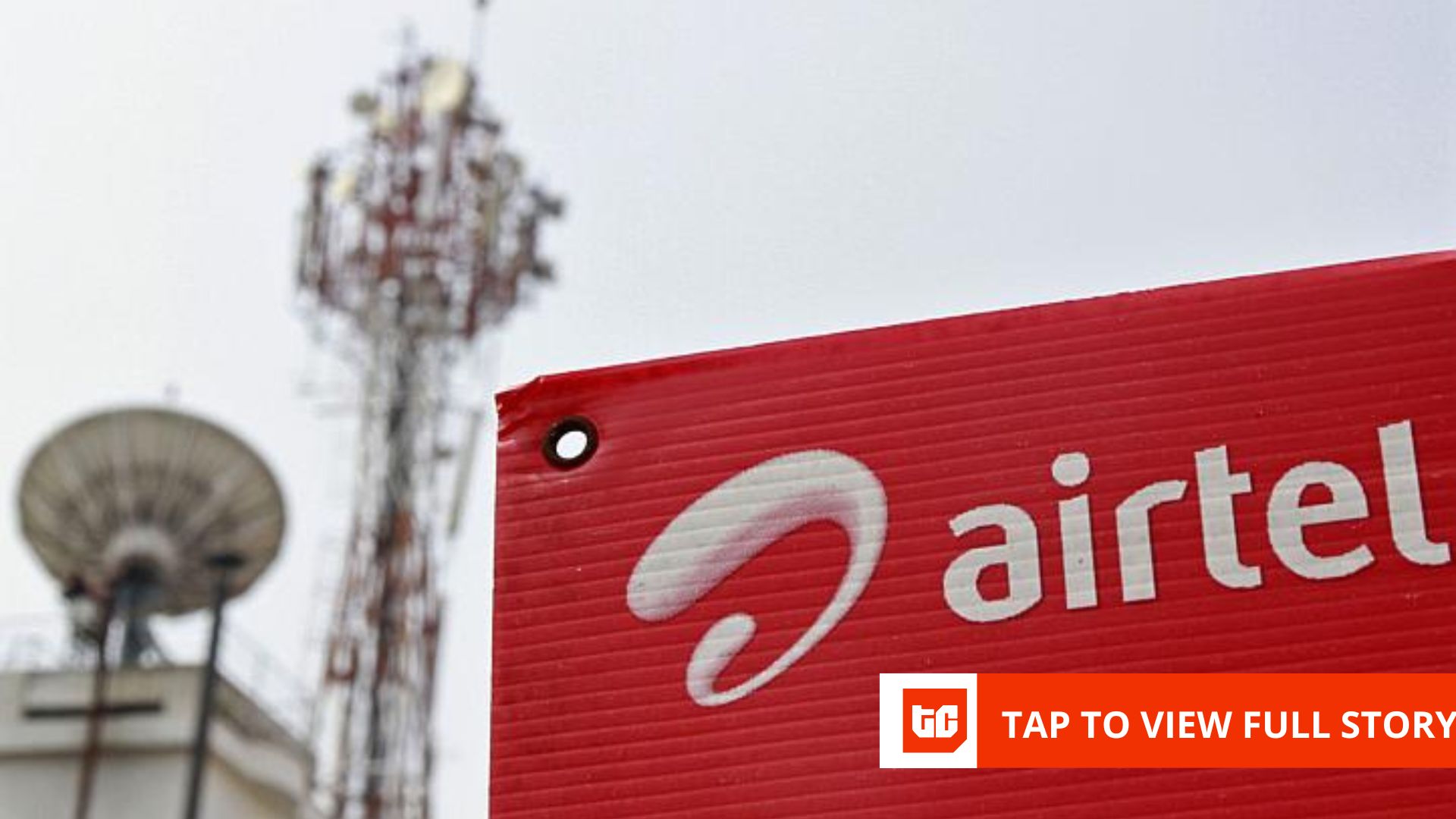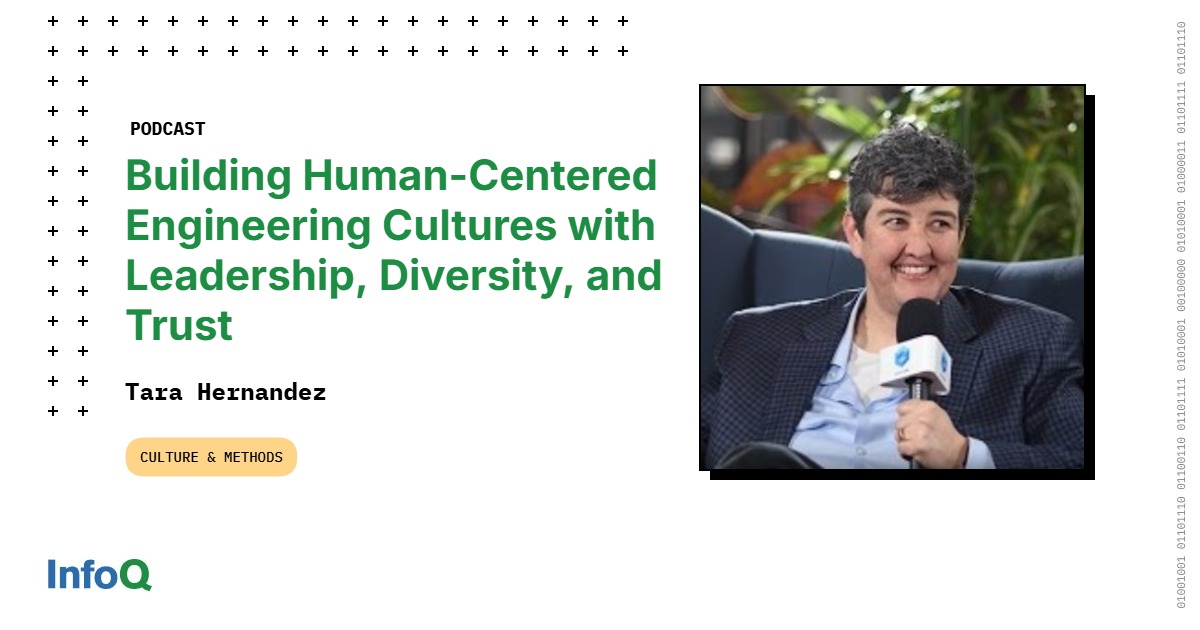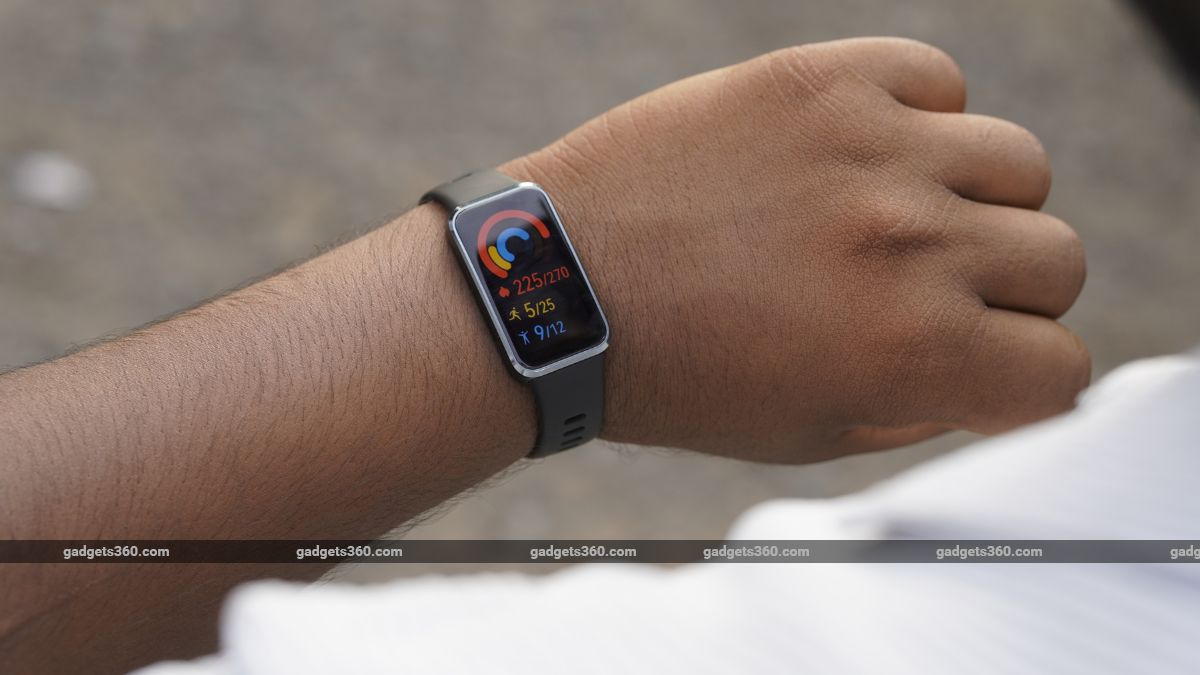Airtel Africa posted its highest revenue growth in recent quarters, but the telecom operator is scaling back on infrastructure spending. In Q2 2025, the company reported a 22% year-on-year jump in revenue to $1.42 billion, driven mainly by strong performances in its data and voice services. However, capital expenditure (capex) dropped by 18% to $121 million, the largest decline in four quarters.
The pullback has raised concerns about whether the company can keep up with growing demand and maintain its network quality across its 14 markets.
Nigeria, Airtel Africa’s biggest and most profitable market, generated $332 million—24% of the group’s total revenue in Q2—largely due to surging data usage. Yet the company invested just $39 million in Nigeria during the quarter, only slightly up from $38 million a year ago. This accounted for just 1.7% of Airtel Africa’s total capex, highlighting a disconnect between Nigeria’s importance to the business and the level of reinvestment it receives.
In East Africa, capital investment fell significantly, from $77 million in Q2 2024 to $43 million in Q2 2025. Airtel’s Francophone Africa markets, on the other hand, saw a modest increase in investment from $23 million to $31 million during the same period.
Still, the broader trend is clear: Airtel Africa has now recorded three consecutive years of declining annual capex. The company spent $670 million between June 2024 and June 2025, compared to $737 million the year before, and $748 million the year before that. On a quarterly basis, the $121 million recorded in Q2 2025 was a 56.% drop from Q1 2025, when the company invested $214 million, the highest it recorded in over three quarters.
The company attributes the latest drop in spending to “timing differences,” suggesting that some projects may have been delayed and that higher spending could come in later quarters. Airtel has kept its full-year investment guidance between $725 million and $750 million.
However, currency devaluation in countries like Nigeria, Malawi, and Zambia—along with rising energy and operating costs—has made the company more cautious. While preserving cash might seem wise in a tough economic environment, ongoing underinvestment could affect service quality in the long run.
“We remain focused on improving customer experience,” said Airtel Africa CEO Sunil Taldar. “For example, we launched Airtel Spam Alert, an AI-powered tool to build trust and create a safer network. With smartphone usage still at 45.9%, we see plenty of room to grow and close the digital divide.”
Airtel’s financials reflect strong business momentum. Data services brought in $549 million, while voice services generated $533 million. EBITDA rose 30% year-on-year to $679 million, with profit margins increasing to 48%, up from 45.3% last year.
The company’s customer base grew 9% to 169.4 million, and its data users increased by 17.4% to 75.6 million. Smartphone penetration also improved, rising from 41.6% to 45.9%, and average data use grew by 47.4%.
Still, the slowdown in infrastructure spending could become a serious issue. Airtel added over 2,300 new sites and expanded its fibre network by 2,700 kilometers in the quarter. But with 169 million customers now depending on 37,579 tower sites, each site supports about 4,500 users, a ratio of 22 towers per 100,000 people.
While this ratio is in line with global averages of 15 to 25 tower sites per 100,000 people, it may not be enough for Africa’s rapidly growing urban and rural markets, where demand for high-speed internet and reliable service is accelerating.
Airtel Africa has long positioned itself as a champion of digital and financial inclusion, expanding 4G coverage to 74.7% and growing its fibre backbone to over 79,600 kilometers. But keeping up with demand will require more than just small improvements. Without consistent and significant investment in physical infrastructure, especially in underserved areas, the company risks falling behind in its promise to bridge the digital divide.
Mark your calendars! Moonshot by is back in Lagos on October 15–16! Join Africa’s top founders, creatives & tech leaders for 2 days of keynotes, mixers & future-forward ideas. Early bird tickets now 20% off—don’t snooze! moonshot..com








